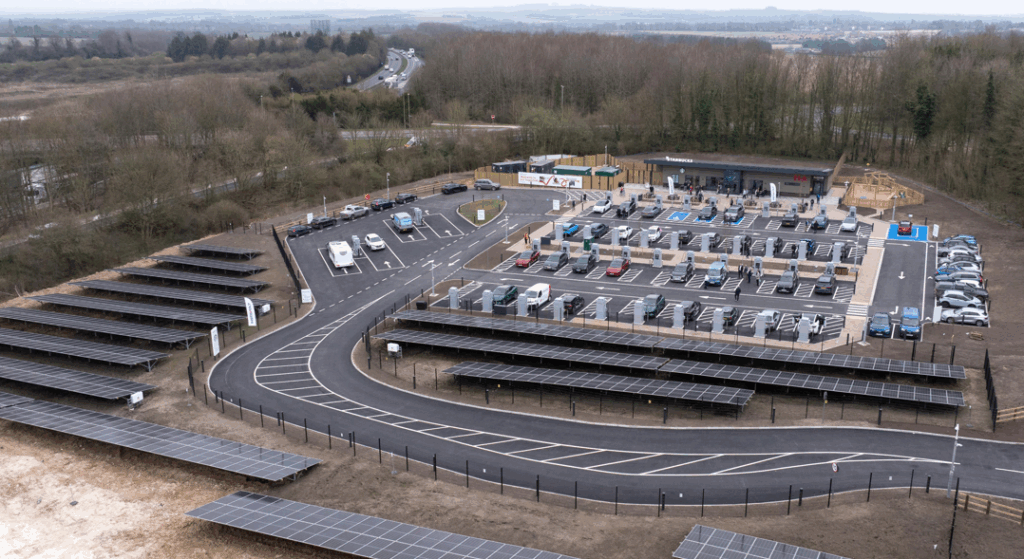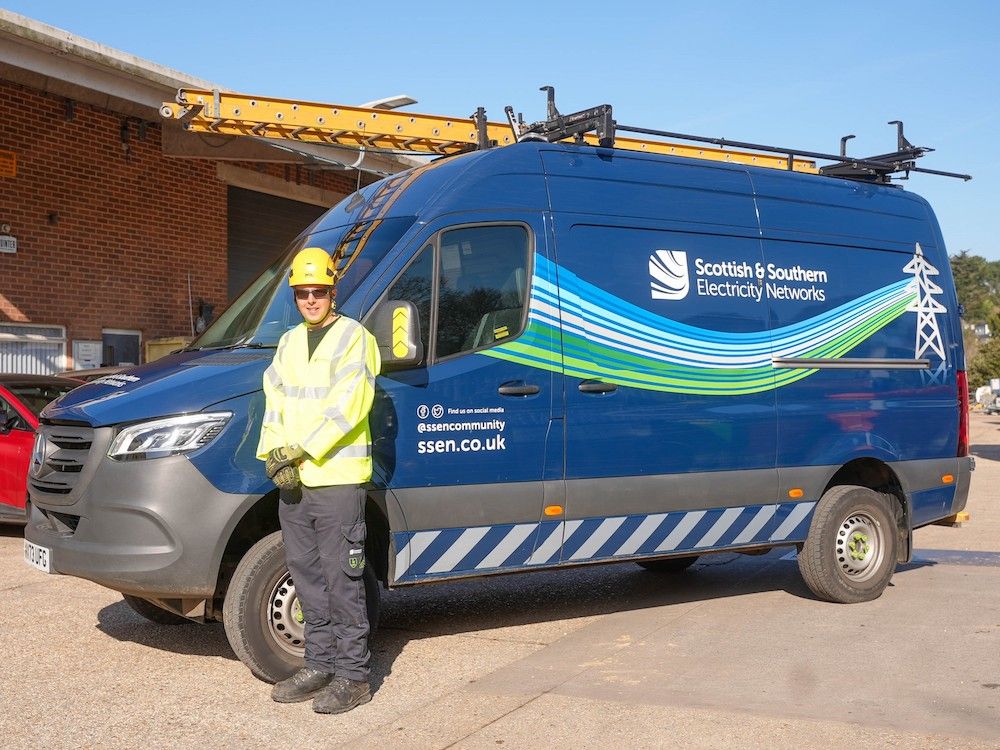More support for businesses, higher education institutions and individuals is needed to ensure the UK workforce is ready to transition to greener jobs and industries this decade.
A new report by think tank Green Alliance calls for a new green skills programme. It highlights that 80% of the people who will be employed in 2030 are already in the workforce, meaning large numbers must be retrained and upskilled in low carbon jobs in order for the UK to meet its climate targets.
Green Alliance outlines several recommendations for the UK government to reduce the risk for businesses to invest in skills and training. This includes a so-called ‘green skills super deduction’, a tax relief for businesses that invest in training and skilling up staff for green jobs. This is based on the super deduction policy for machinery announced by Chancellor Rishi Sunak in the 2021 spring budget.
Further recommendations include more help for businesses in the form of loans and grants to help reduce the risk of (re)training staff in new skills, improving and remodelling careers guidance, and building green skills into higher and in-work education.
The skills shortage is particularly stark for the industries that most urgently need to decarbonise, such as transport. The UK’s highest emitting sector is set to create 175,000 jobs in the next 13 years, but these jobs will require new skills in battery manufacturing, electrification engineering and developing sustainable aviation fuels.
Helena Bennett, senior policy adviser at Green Alliance, said: “There’s no doubt that net zero will bring huge job opportunities for the UK. But if the prime minister wants a ‘high wage, high skill’ economy, then we need to build a workforce for the green jobs of the future.
“Supporting businesses, institutions and individuals will help to develop the skills we need for thriving green industries. But if we don’t have a proper programme the UK risks being outpaced by other countries.”
Alex Thwaites, Head of Zero Carbon Living, OVO, said: “There’s a huge challenge on our hands to build the green workforce needed to reach net zero and realise this major economic opportunity for the UK. Ahead of 2030 targets, much more support is required to incentivise gas boiler engineers to retrain in heat pumps and attract new entrants to lifelong careers in low carbon heat, EVs, solar panels and more.”
Kelly Becker, Zone President, UK and Ireland, Schneider Electric, said: “Schneider Electric supports the needs for a green skills programme. As we move towards net zero we need to start by re-thinking our relationship with energy, which is responsible for over 80 per cent of carbon emissions.
“Schneider firmly believes that the solution is a world that is more electric and more digital and the implementation of this will require education, training and re-skilling as we transition into green and sustainable roles so we can fill the critical needs of a new, green economy across the UK and Ireland.”
Image: Shutterstock














